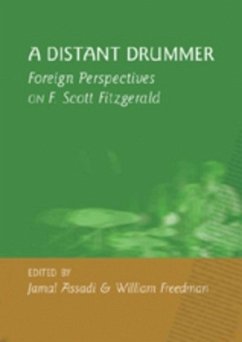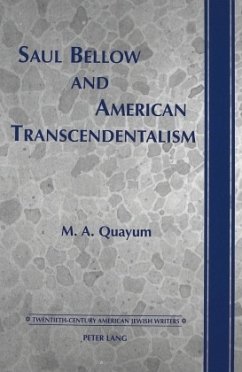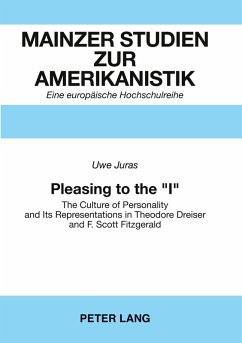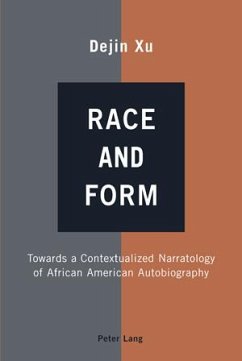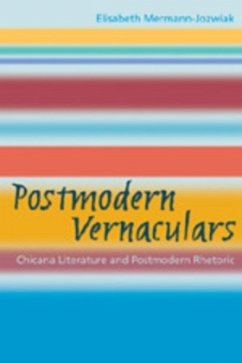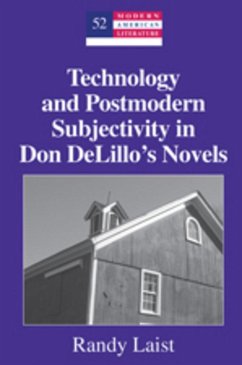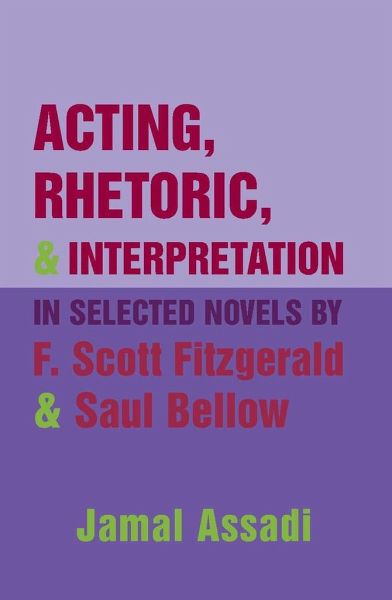
Acting, Rhetoric, and Interpretation in Selected Novels by F. Scott Fitzgerald and Saul Bellow

PAYBACK Punkte
0 °P sammeln!
This book discusses works by F. Scott Fitzgerald and Saul Bellow in terms of the conflicts between rhetorical people (actors replete with ever-changing roles, situations, and strategies, and therefore devoid of single roles) and serious people (actors who possess master situations or a referent reality to which they believe everyone can refer), players and doers, artifices and realities, words and the world, and multivocal and univocal interpretations. This book claims that Fitzgerald's and Bellow's treatment of the concepts of actors and acting in their novels provides insights into the dynam...
This book discusses works by F. Scott Fitzgerald and Saul Bellow in terms of the conflicts between rhetorical people (actors replete with ever-changing roles, situations, and strategies, and therefore devoid of single roles) and serious people (actors who possess master situations or a referent reality to which they believe everyone can refer), players and doers, artifices and realities, words and the world, and multivocal and univocal interpretations. This book claims that Fitzgerald's and Bellow's treatment of the concepts of actors and acting in their novels provides insights into the dynamic potential of the trope as presented by recent critics and reveals how some literary theories need refinement and modification.




